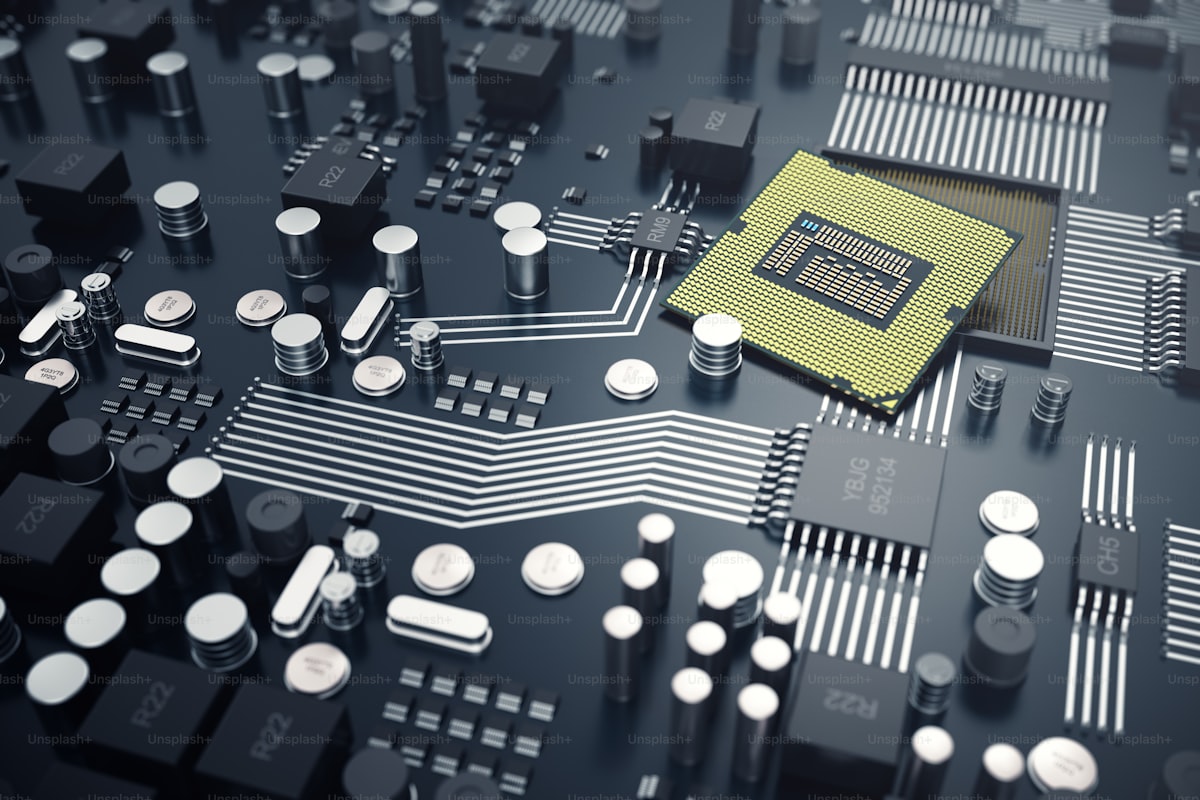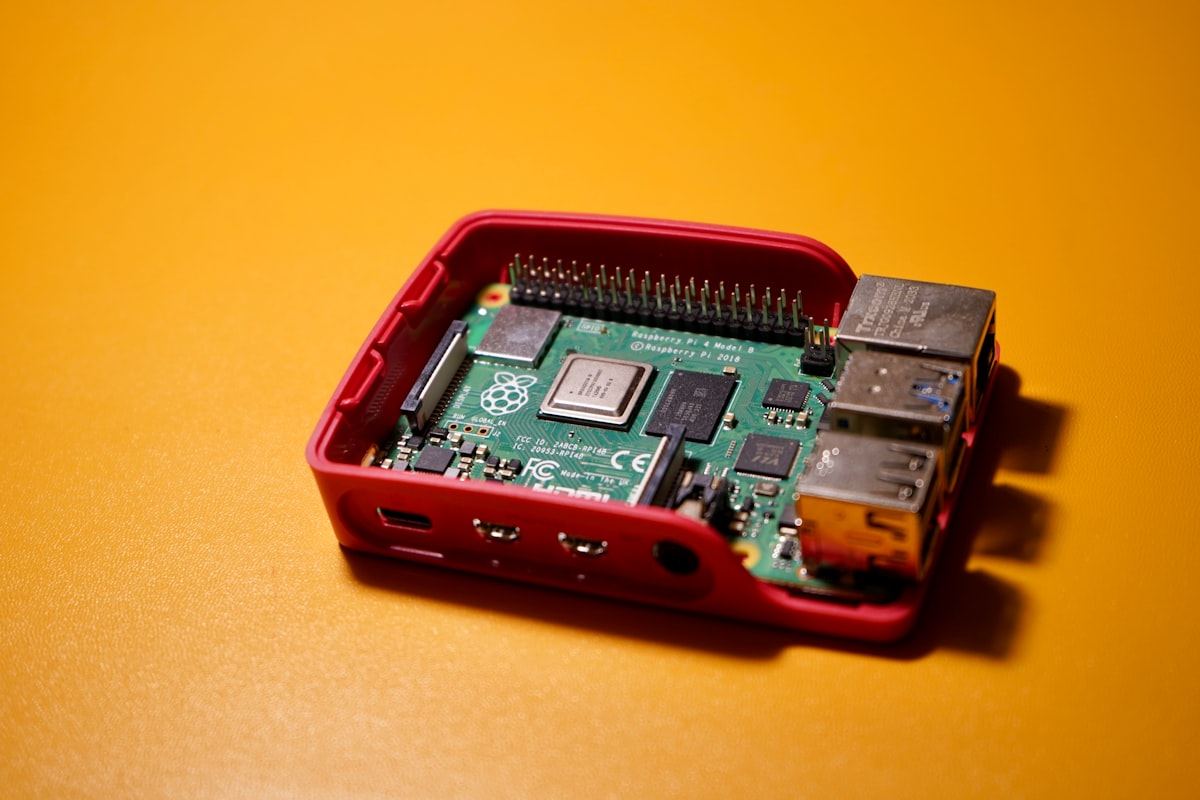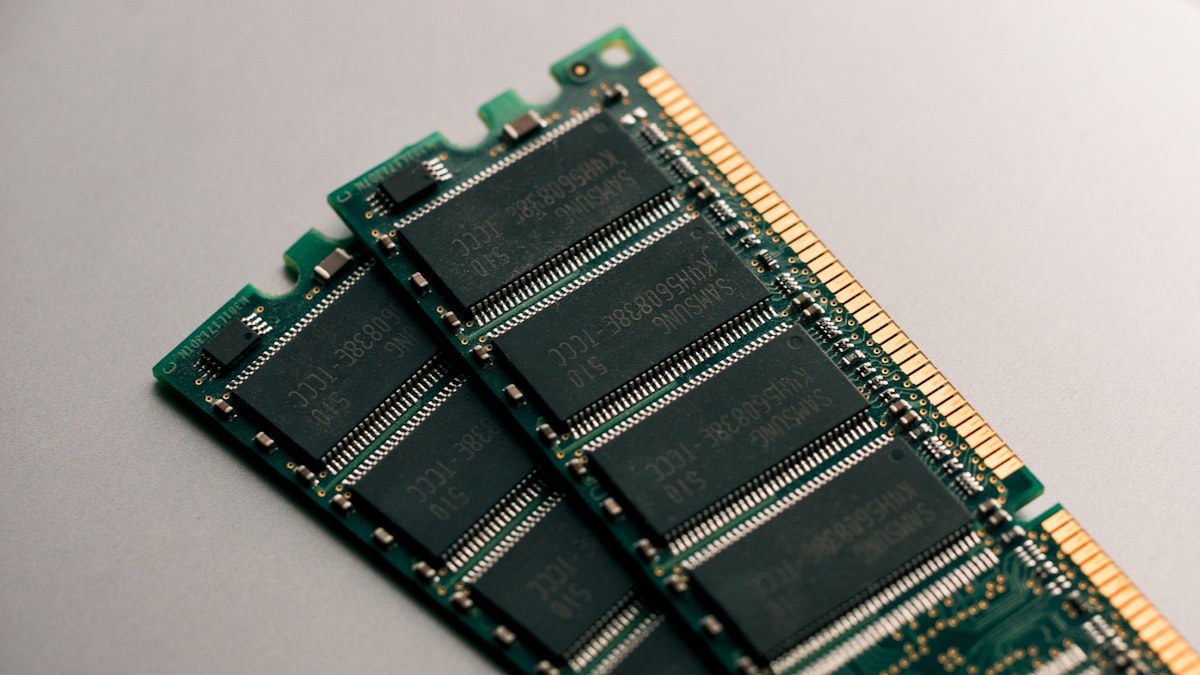The processor, also known as the Central Processing Unit (CPU), is often referred to as the “brain” of the computer. It plays a crucial role in the overall performance and functionality of computing devices. Below are some of the key benefits of the processor in computers:
1. Data Processing:
The primary function of the processor is to execute instructions and process data. It performs arithmetic, logic, and control operations on input data to produce the desired output. This includes tasks such as performing calculations, manipulating data, and executing program instructions.
2. Speed and Performance:
One of the most significant benefits of a powerful processor is its ability to process instructions quickly and efficiently. Processors with higher clock speeds and multiple cores can handle more tasks simultaneously, leading to faster performance and improved responsiveness in applications and tasks.
3. Multitasking:
Modern processors support multitasking, allowing users to run multiple applications simultaneously without significant degradation in performance. This capability is essential for productivity and efficiency, enabling users to switch between tasks seamlessly and perform complex operations without experiencing slowdowns or delays.
4. Compatibility and Flexibility:
Processors are designed to be compatible with a wide range of software and hardware components, making them highly versatile. They can run various operating systems, applications, and programs, providing users with the flexibility to customize their computing experience according to their needs and preferences.
5. Energy Efficiency:
Advancements in processor technology have led to significant improvements in energy efficiency. Modern processors are designed to deliver high performance while consuming minimal power, making them suitable for use in portable devices such as laptops, tablets, and smartphones. Energy-efficient processors help prolong battery life and reduce electricity consumption, resulting in cost savings and environmental benefits.
6. Innovation and Progress:
The relentless pursuit of innovation in processor design drives technological progress and leads to the development of faster, more efficient, and more capable computing devices. Manufacturers continually strive to improve processor performance, reliability, and features, pushing the boundaries of what is possible in computing.
7. Artificial Intelligence and Machine Learning:
The rise of artificial intelligence (AI) and machine learning (ML) has further underscored the importance of powerful processors. These technologies rely heavily on computational power for tasks such as data analysis, pattern recognition, and decision-making. Processors equipped with specialized AI accelerators and neural processing units (NPUs) are capable of handling complex AI workloads with speed and efficiency.
In conclusion, the processor is an indispensable component of modern computing systems, driving performance, efficiency, and innovation. Its role in processing data, enabling multitasking, ensuring compatibility, and supporting emerging technologies like AI and ML underscores its importance in shaping the future of computing.







